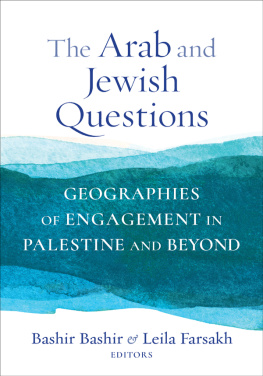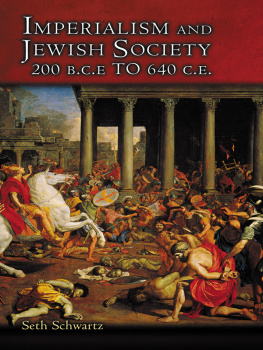P.R. Kumaraswamy - Squaring the Circle: Mahatma Gandhi and the Jewish National Home
Here you can read online P.R. Kumaraswamy - Squaring the Circle: Mahatma Gandhi and the Jewish National Home full text of the book (entire story) in english for free. Download pdf and epub, get meaning, cover and reviews about this ebook. year: 2020, publisher: Routledge, genre: Home and family. Description of the work, (preface) as well as reviews are available. Best literature library LitArk.com created for fans of good reading and offers a wide selection of genres:
Romance novel
Science fiction
Adventure
Detective
Science
History
Home and family
Prose
Art
Politics
Computer
Non-fiction
Religion
Business
Children
Humor
Choose a favorite category and find really read worthwhile books. Enjoy immersion in the world of imagination, feel the emotions of the characters or learn something new for yourself, make an fascinating discovery.

- Book:Squaring the Circle: Mahatma Gandhi and the Jewish National Home
- Author:
- Publisher:Routledge
- Genre:
- Year:2020
- Rating:5 / 5
- Favourites:Add to favourites
- Your mark:
Squaring the Circle: Mahatma Gandhi and the Jewish National Home: summary, description and annotation
We offer to read an annotation, description, summary or preface (depends on what the author of the book "Squaring the Circle: Mahatma Gandhi and the Jewish National Home" wrote himself). If you haven't found the necessary information about the book — write in the comments, we will try to find it.
The centrality of the book is Gandhis disposition and orientation towards the idea of Jewish homeland. When it comes to Jews, Jewish nationalism and their aspirations in Palestine, even Mahatma Gandhi was not infallible. His abiding empathy for the Jews was negated by his limited understanding of Judaism and Jewish history. His perception of the Palestine issue and his support for the Arabs was rooted in the domestic Indian context. The conventional understanding that Gandhi was consistently opposed to Zionism and the Jewish aspirations for a national home in Palestine does not correspond with his later remarks. While demanding Jewish non-violence both against Hitler and in Palestine, Mahatma was prepared to understand, the excesses of the Arabs who were facing overwhelming odds. His position on the domestic situation largely influenced his stand viz--viz Palestine and hence his demand for Jews to abandon their collaboration with imperialism and follow the path of negotiation should be read within the Indian context. So long as India pursued a recognition-without-relations policy toward Israel, one could rest on Gandhis shoulders and adopt a self-righteous attitude. However, can one rely on the Gandhian paradigm to explain Indias new-found bonhomie toward Israel without sounding selective, hypocritical or both?
The primary focus of this book is the explication of political constraints and oversensitivity towards the religious minority for political gains, which shaped Gandhis notion about the Jewish homeland. The author has conducted an empirical survey of the political, religious and strategic constraints behind Gandhis idea of the Jewish homeland that in common parlance is seen as an ardent disapproval of Zionism by Gandhi.
Please note: This title is co-published with KW Publishers, New Delhi. Taylor & Francis does not sell or distribute the Hardback in India, Pakistan, Nepal, Bhutan, Bangladesh and Sri Lanka
P.R. Kumaraswamy: author's other books
Who wrote Squaring the Circle: Mahatma Gandhi and the Jewish National Home? Find out the surname, the name of the author of the book and a list of all author's works by series.











